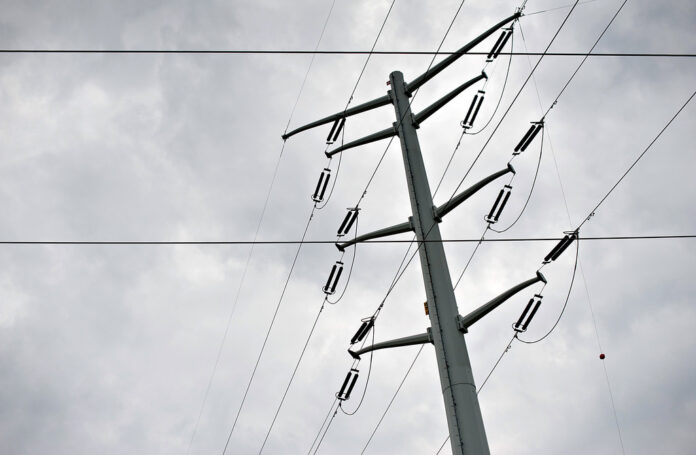
NEW YORK – A controversial case over how New Englanders pay for their power is exposing sharp divisions within America’s chief energy regulatory agency.
Earlier this week, a program pitched by New England’s power grid operator went into effect by default because the U.S. Federal Energy Regulatory Commission said it lacked a quorum to act. On Thursday, filings revealed that two commissioners withheld their votes, one opposed and another backed the plan, which will have utility customers shelling out $150 million a year to generators who stockpile fuel for winter.
The gridlock at the energy commission is threatening to hold back key energy market decisions – or, in the case of New England, move them forward without the federal government’s say. Just last month, the biggest annual power auction in the United States was put on ice because the agency has failed to agree on how it should be run.
“Very worrisome about how this commission might be handling more controversial topics in the future where they can’t reach agreement or compromise,” said Casey Roberts, a staff attorney for the Sierra Club.
Democrat Cheryl LaFleur and Republican Bernard McNamee both recused themselves from the case without stating their reasons. Republican Chairman Neil Chatterjee said that he supported ISO New England Inc.’s plan, calling it a “just and reasonable short-term solution” absent a longer-term fix. Rich Glick, who will become the only Democrat on the panel next month when LaFleur is set to depart, blasted it as an “ill-conceived approach” and a handout to nuclear, coal and hydropower generators.
“The chairman has it about right since the region made this determination and the non-order respects it,” said Mike McKenna, a Republican energy strategist. “The recusals are part of the process. Not good, not bad, just a feature of the landscape.”
For its part, ISO New England has said the program is only meant to temporarily address the potential for fuel shortages during the winters of 2023-2024 and 2024-2025 while it works on a permanent solution. The region has been grappling in recent years with natural gas constraints on cold days, when heating demand tends to spike and a lack of pipelines limits the supply flowing into the region.
Stephen Cunningham is a reporter for Bloomberg News.










